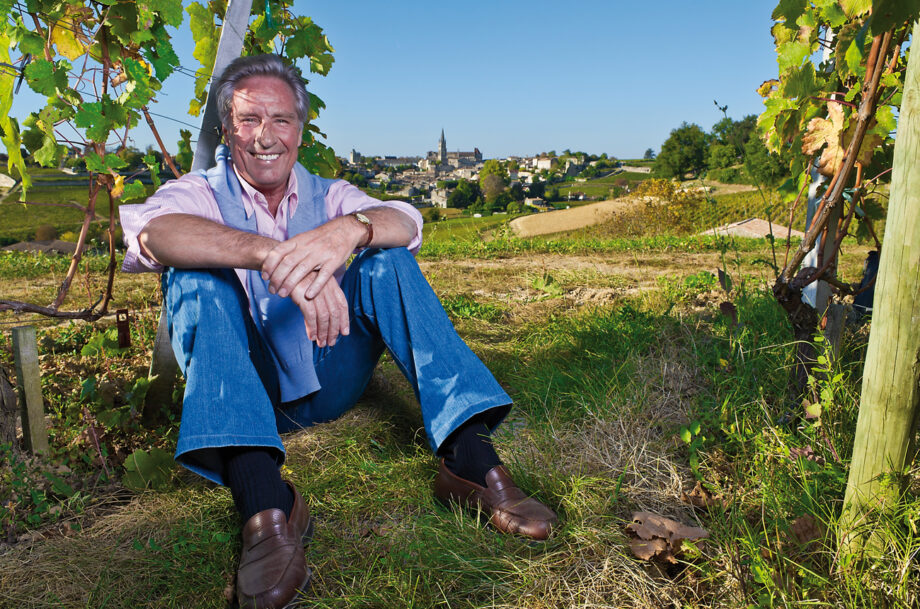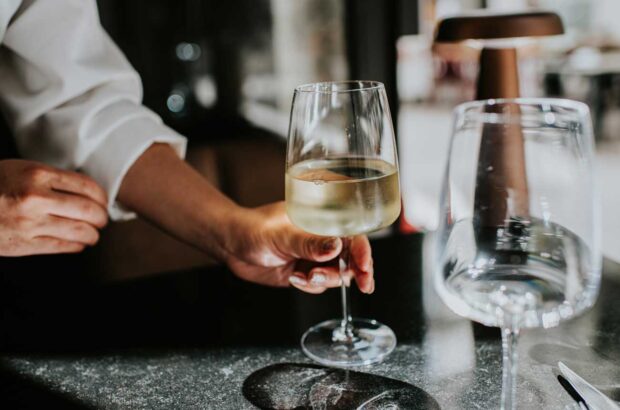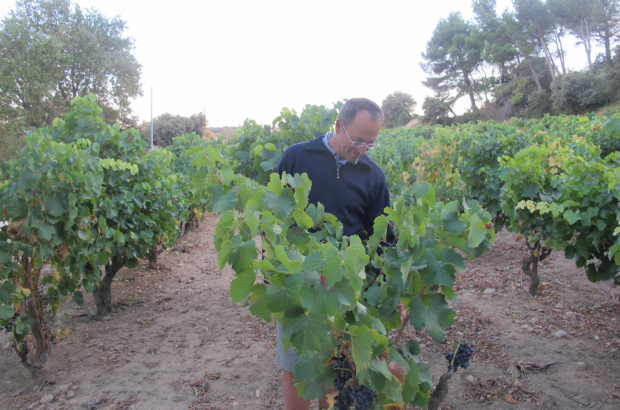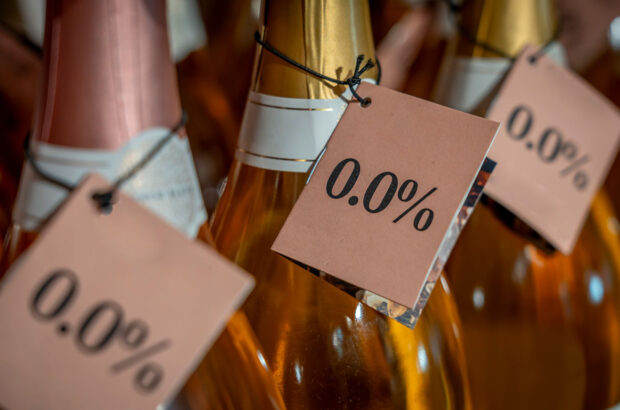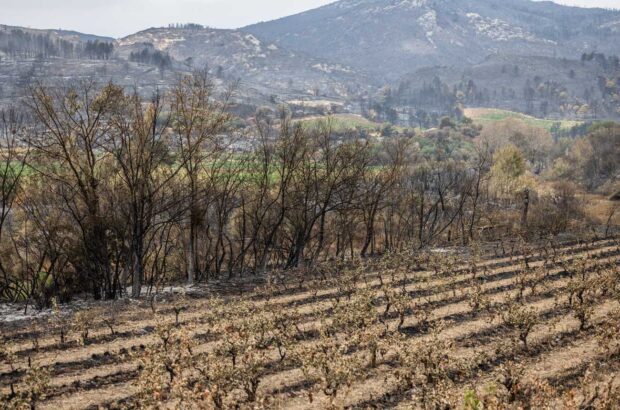Château Pavie confirmed via its social media channels that the visionary vintner, who transformed Château Pavie into one of Bordeaux’s most celebrated estates, passed away on Saturday, 19 July, 2025.
Perse’s remarkable journey from humble beginnings to a towering figure in the world of wine leaves an enduring legacy in St-Émilion and beyond.
Born in 1949 in Paris to a large, modest family, Perse’s early life was marked by determination and hard work. He left school at 15 and worked alongside his father before launching a fruit and vegetable business.
A former professional cyclist, he channeled his competitive spirit into a successful career in the retail sector, building a chain of supermarkets with his wife, Chantal. Eventually employing over 1,000 people, Perse sold the company and turned his attention to viticulture.
His passion for wine, sparked during business trips to Bordeaux, led him to St-Émilion, where he acquired Château Monbousquet in 1993. Five years later, in 1998, he purchased the historic but struggling estate Château Pavie from the Valette family for a reported $31m. It was an ambitious move that marked the beginning of one of the region’s most significant transformations in modern times.
With relentless energy and significant investment, Perse revitalised Château Pavie, overseeing extensive vineyard replanting, reducing yields, and modernising vineyard practises – to rebuild the estate’s reputation.
Perse’s vision also extended beyond the vineyard. He demolished the original winery and in 2012 unveiled a striking marble-clad facility designed by Alfredo Pinto.
His meticulous approach to the estate’s terroir – predominantly spanning St-Émilion’s famous limestone plateau and clay slopes, as well as sandy foothills – elevated the wine’s quality, culminating in its promotion to Premier Grand Cru Classé A in the 2012 St-Émilion classification, a status reaffirmed in 2022 – both of which he was immensely proud.
Speaking to Decanter in 2012, he said; ‘As soon as I heard the news, I was overcome with emotion. I’m very happy and proud to have invested in an appellation as courageous as St-Émilion, which submits itself to this 10-yearly classification.’
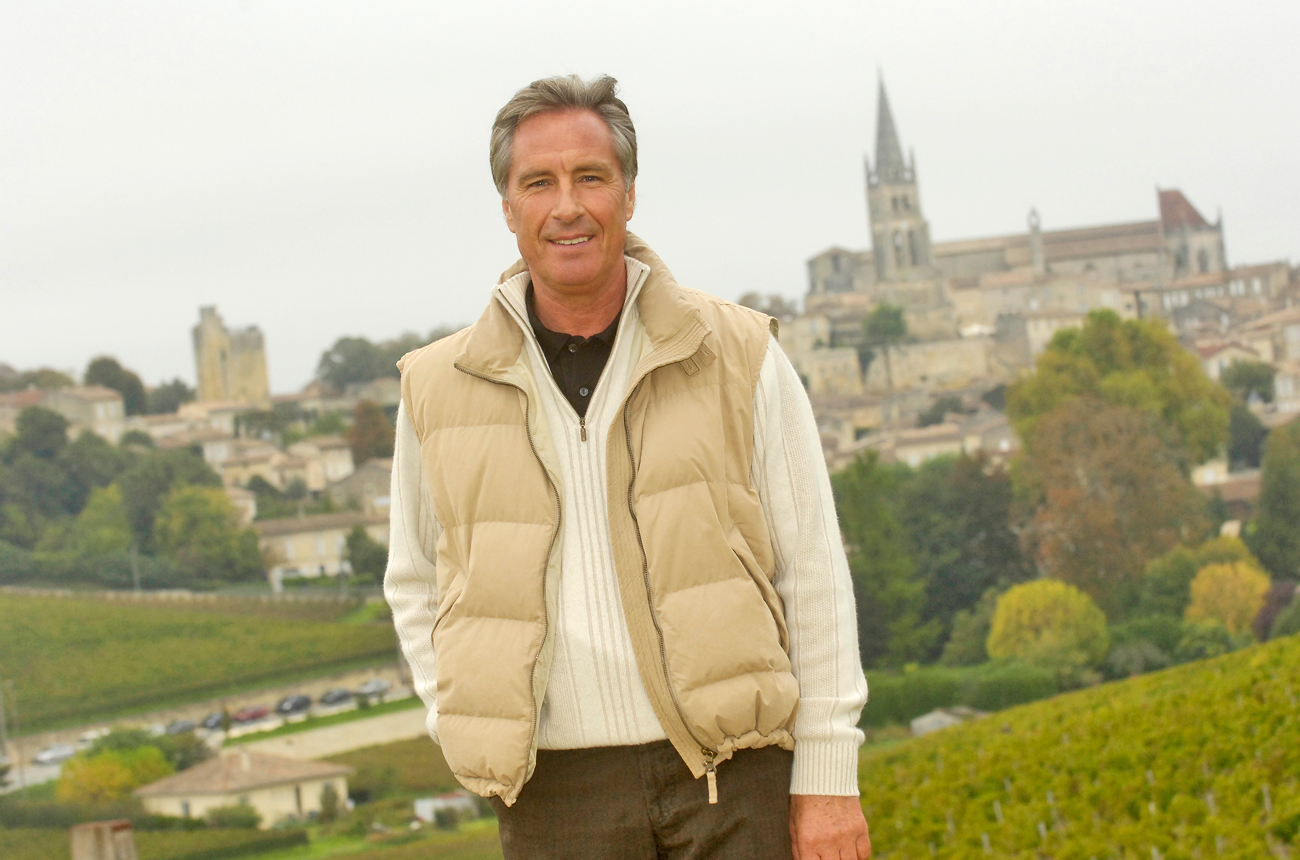
Gérard Perse with St-Émilion in the background. Credit: Château Pavie
Under his stewardship, Château Pavie became synonymous with finesse, complexity, and vibrant fruit although his approach drew both admiration and controversy. He brought in consultant Michel Rolland, shifted Pavie’s style toward ripe, concentrated, New World influenced wines, and embraced techniques such as green harvesting and malolactic fermentation to craft high‑scoring vintages.
His tireless efforts helped restore not only Pavie’s reputation, but also elevated the standing of the Right Bank in general. Perse was clear in his mission: to produce structured, long-ageing Bordeaux with the kind of power and finesse he admired in old bottles from the 1950s and 1960s.
While some critics debated the style, few questioned the quality or the results. Particularly in recent years, which have seen further consolidation and evolution.
In 2022, Perse reintegrated the vineyards of Château Pavie-Decesse and Château Bellevue-Mondotte into the Pavie footprint, bringing the total estate to 42 hectares. Adjustments in viticulture and winemaking have also followed – including reduced new oak use, earlier picking and shorter macerations – allowing the terroir’s complexity to shine with greater clarity. Pavie today retains its power, but now with more freshness and nuance.
Beyond his winemaking achievements which also include ownership of the new St-Émilion Grand Cru Classé Château Monbousquet, and a vineyard on the Sainte-Colombe plateau – the highest point of the Côtes de Castillon – from which the Clos Lunelles bottling is made, Perse’s entrepreneurial vision extended to hospitality and gastronomy.
Alongside Chantal, their daughter Angélique, and son-in-law Henrique Da Costa, he developed Perse Latitudes, an empire encompassing the luxurious Hôtel de Pavie in St-Émilion as well as the estate’s restaurant, La Table de Pavie, which earned two Michelin stars under chef Yannick Alléno. They also own the L’Envers du Décor restaurant, which was taken over in 2017, cementing the UNESCO-protected village as a destination for wine and fine dining.
Perse continued to be a passionate cyclist, known for racing regularly well into his later years, and remained close to the vineyards he helped elevate.
His legacy is one of ambition and excellence, transforming the neglected estate into a benchmark of quality. He is survived by his wife, Chantal, their daughter, Angélique, son-in-law, Henrique, and their grandchildren, who continue to nurture the family’s vineyards. His contributions to Bordeaux’s wine culture and St-Émilion’s global reputation will resonate for generations.


